 “Eastern-influenced hypnotic psychedelic music” – The Tapestry Of Delights''
“Eastern-influenced hypnotic psychedelic music” – The Tapestry Of Delights''
Ian Whiteman
Piano, Shakuhachi, Oboe, Liner Notes, Pipe Organ, Vocals, Producer
Conrad Archuletta Banjo, Shakuhachi, Zither, Vocals
Susan ArchulettaGuitar, Viola, Koto, Vocals, Shakuhachi
Michael Evans Guitar,Mandola,
Roger Powell Sufi Drum ,DrumsThe Habibiyya’s sole album stands as one of the earliest and most beautiful pieces of world music ever recorded in Britain. The musicians involved (including three members of UK underground legends Mighty Baby) had been profoundly affected, both musically and spiritually, by visiting Morocco in 1971, and became adherents of the sufi faith. Upon their return to London they made If Man But Knew, featuring exotic instruments such as koto, shakuhachi and mandola alongside guitar, organ and drums, conjuring a hypnotic, other-worldly ambience in the process. It makes its long-awaited CD debut here, accompanied by detailed liner notes, previously-unseen photographs, five rare bonus tracks and an introduction by the group’s leader, Ian Whiteman. (Soundlink)

The story goes like this.
In 1971 a group of young British psyche musicians went on holiday to Morocco, as so many people in search of mysticism and hash were doing back then. There in al-Maghrib they became enamoured of Sufism, with its trances, its poetry and music, its shrines and dervishes, its theories of purified psychospiritual universal holy unity. They converted to the religion and returned home. Back in the UK, inspired by their new faith, they put out this album.
The story sounded to me like religion tourism. I imagined them bringing home Wahdat-ul-wujood like a souvenir tea towel. I thought: “Some impressive-looking bearded person in Morocco must have said to them, ‘All things are one, the world is unified, this is Sufi,’ and they got excited and rushed home and grabbed a mish-mash of exotic-sounding foreign instruments and chucked them all together in a big, messy splurge to show that all countries should come together under God and they put it on a record and gave it a hark-ye title and now I have to listen to the thing.” So I listened to the thing.
What I had imagined would be overblown was, in fact, an intelligently serene album with a good, fruitful underlying tautness. Even when the group was at its most openly mystical, singing, “I am a bird of God’s garden, I do not belong to this earthly world,” over tabla-style drums and the hum of an instrument that appears in the credits as a ‘bina organ’ and is possibly a harmonium, there was no sense that the musicians were straining after a poetic effect. Ian Whiteman’s delivery is honest and simple. “What’s his secret?” I wondered, and then I realised that he was singing these lines, which look as if they were borrowed from Sufi poetry, with the direct and plaintive yearning of an English folk singer, more Martin Carthy than Nusrat Fatah Ali Khan. It is this easy reconciliation of his home country and his adopted faith that makes me want to re-evaluate my feelings about the tea towel and agree that they were more than just curio-peekers trying on a new religion.
The Sufism is surprisingly unobtrusive. There are stylistic touches that suggest Morocco, and the percussion at the end of “The Eye-Witness” speeds up and seems to whip around in circles like a Sufi dervish, but if you hadn’t heard the story about their holiday then you’d think they had been inspired by Japan. Two shakuhachi flutes come in at the opening of the album and it’s this short duet that sets us up for the rest. If Man but Knew has an undercurrent of reserve that feels classically Japanese.
but if you hadn’t heard the story about their holiday then you’d think they had been inspired by Japan. Two shakuhachi flutes come in at the opening of the album and it’s this short duet that sets us up for the rest. If Man but Knew has an undercurrent of reserve that feels classically Japanese.
It’s when they’re adhering to this undercurrent that they’re at their best. It is the album’s skeleton, the frame that helps it stand. It gives us a reason to forgive If Man its weakest track, “Peregrinations Continued”, a jam that lumps along for seven minutes until the shakuhachi sounds shrill and bored, as if this long stretch of purposeless fiddling around is giving it a stress headache. The spontaneity they must have been trying to find in this track comes across more effectively in “Procession of the God Intoxicated”, which is, interestingly, the more structured song. The plucked strings suggest processional dancers, the flutes are like streamers in the air, and the percussion makes the parade complete. A track like “Fana-Fillah” brings the strings and drums more closely together, layer upon layer, and if you listen carefully you can hear a very faint background drum so soft it’s almost like blood fluttering in the veins, the noise you’d hear in your head in the middle of the night, in the dark, one ear pressed into your pillow, that faraway, muffled percussion of the heart.(Sunbeam-by Deanne Sole)
 Mighty Baby
Mighty Baby
see Habibiyya - If Man But Knew on psychprog
Vinyl Track Listing: 1971LP
1. Two Shakuhachis
2. Koto Piece
3. The Eye-Witness
4. Mandola
5. If Man But Knew
6. Fana-Fillah
In 1971 a group of young British psyche musicians went on holiday to Morocco, as so many people in search of mysticism and hash were doing back then. There in al-Maghrib they became enamoured of Sufism, with its trances, its poetry and music, its shrines and dervishes, its theories of purified psychospiritual universal holy unity. They converted to the religion and returned home. Back in the UK, inspired by their new faith, they put out this album.
The story sounded to me like religion tourism. I imagined them bringing home Wahdat-ul-wujood like a souvenir tea towel. I thought: “Some impressive-looking bearded person in Morocco must have said to them, ‘All things are one, the world is unified, this is Sufi,’ and they got excited and rushed home and grabbed a mish-mash of exotic-sounding foreign instruments and chucked them all together in a big, messy splurge to show that all countries should come together under God and they put it on a record and gave it a hark-ye title and now I have to listen to the thing.” So I listened to the thing.

What I had imagined would be overblown was, in fact, an intelligently serene album with a good, fruitful underlying tautness. Even when the group was at its most openly mystical, singing, “I am a bird of God’s garden, I do not belong to this earthly world,” over tabla-style drums and the hum of an instrument that appears in the credits as a ‘bina organ’ and is possibly a harmonium, there was no sense that the musicians were straining after a poetic effect. Ian Whiteman’s delivery is honest and simple. “What’s his secret?” I wondered, and then I realised that he was singing these lines, which look as if they were borrowed from Sufi poetry, with the direct and plaintive yearning of an English folk singer, more Martin Carthy than Nusrat Fatah Ali Khan. It is this easy reconciliation of his home country and his adopted faith that makes me want to re-evaluate my feelings about the tea towel and agree that they were more than just curio-peekers trying on a new religion.

The Sufism is surprisingly unobtrusive. There are stylistic touches that suggest Morocco, and the percussion at the end of “The Eye-Witness” speeds up and seems to whip around in circles like a Sufi dervish,
 but if you hadn’t heard the story about their holiday then you’d think they had been inspired by Japan. Two shakuhachi flutes come in at the opening of the album and it’s this short duet that sets us up for the rest. If Man but Knew has an undercurrent of reserve that feels classically Japanese.
but if you hadn’t heard the story about their holiday then you’d think they had been inspired by Japan. Two shakuhachi flutes come in at the opening of the album and it’s this short duet that sets us up for the rest. If Man but Knew has an undercurrent of reserve that feels classically Japanese.It’s when they’re adhering to this undercurrent that they’re at their best. It is the album’s skeleton, the frame that helps it stand. It gives us a reason to forgive If Man its weakest track, “Peregrinations Continued”, a jam that lumps along for seven minutes until the shakuhachi sounds shrill and bored, as if this long stretch of purposeless fiddling around is giving it a stress headache. The spontaneity they must have been trying to find in this track comes across more effectively in “Procession of the God Intoxicated”, which is, interestingly, the more structured song. The plucked strings suggest processional dancers, the flutes are like streamers in the air, and the percussion makes the parade complete. A track like “Fana-Fillah” brings the strings and drums more closely together, layer upon layer, and if you listen carefully you can hear a very faint background drum so soft it’s almost like blood fluttering in the veins, the noise you’d hear in your head in the middle of the night, in the dark, one ear pressed into your pillow, that faraway, muffled percussion of the heart.(Sunbeam-by Deanne Sole)
 Mighty Baby
Mighty Babysee Habibiyya - If Man But Knew on psychprog
Vinyl Track Listing: 1971LP
1. Two Shakuhachis
2. Koto Piece
3. The Eye-Witness
4. Mandola
5. If Man But Knew
6. Fana-Fillah
======================================================
unfortunately, No Bonus tracks 2007 Reissue 2LP & CD
7. Procession of the God Intoxicated
8. Peregrinations
9. Peregrinations Continued
10. Another Ode
11. Bird in God's Garden
Buy now sunbeam records
First official CD release
Mighty Baby-related
Five bonus tracks
Detailed booklet with band history / rare photos
in loving memory of Mike Evans R.I.P.
get it here , enjoy
7. Procession of the God Intoxicated
8. Peregrinations
9. Peregrinations Continued
10. Another Ode
11. Bird in God's Garden
Buy now sunbeam records
First official CD release
Mighty Baby-related
Five bonus tracks
Detailed booklet with band history / rare photos
in loving memory of Mike Evans R.I.P.
get it here , enjoy
The translation of the ode is as follows:
The Eye-witness
Oh you who desire the presence of clear witnessing, rise above the spirit and the forms.
Cling to the original void - and be as if you were not, oh annihilated one!
You will see true existence by a secret whose meanings have spread in every age.
Forms of action and being do not multiply the actor in any way.
So whoever rises above every vanishing thing sees existence without, duality.
Oh the victory of one who has come to witness a Lord who is compassionate, persevering and near.
He accepts whoever comes as a poor one who has turned in recourse from his state of darkness.
So the turning away (from wrong action) of the slave designates him for the presence of love and drawing-near.
Remembrance of Allah while witnessing His bounty brings about luminous inspiration.
Whoever is safe from his own self is safe from creation.
So oppose the self in its desires and seek the company of a gnostic of Allah.
He will show you the hidden faults of the self, he will heal you with a spiritual remedy.
He acts gently towards you on the journey and has compassion for the people of trial and those who lose direction.
He will annihilate you through dhikr in the reality: and he reminds the heart with the Quran
He will refresh the spirit with instruction so that meanings are manifested in it. .
Oh Lord, bless the Prophet as long as the Suratul Mathani is recited.
And his Family and Companions as long as people profit by Iman.
I ask of the Real - bliss and contentment - for all whom my era encompasses



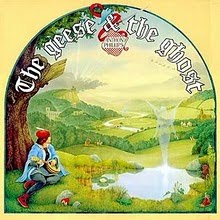



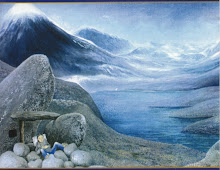

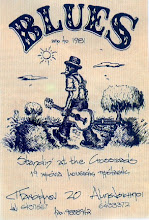


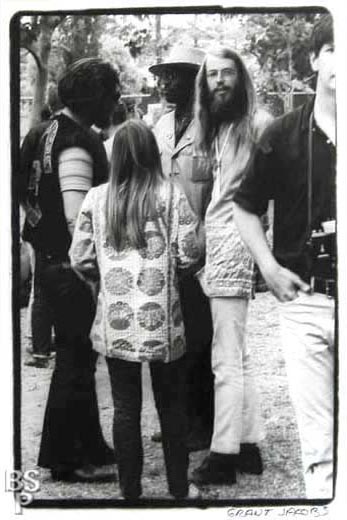

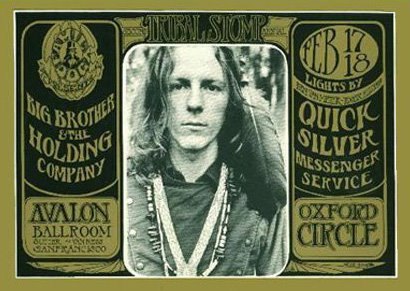
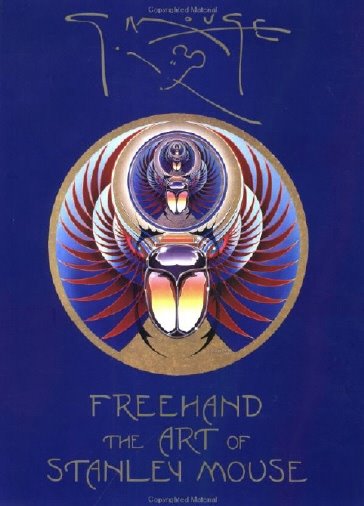.jpg)

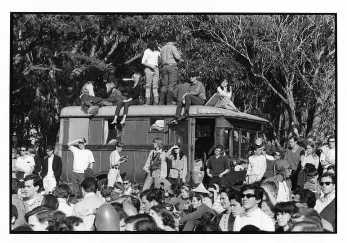




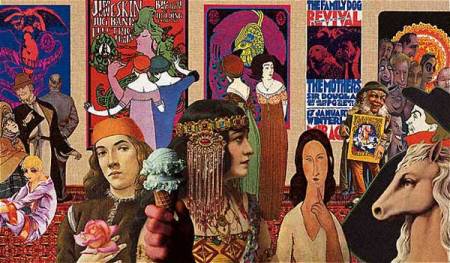.jpg)
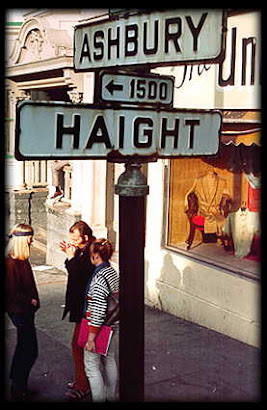
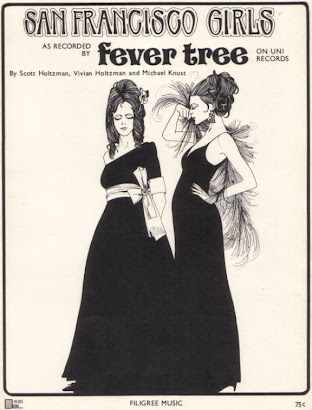
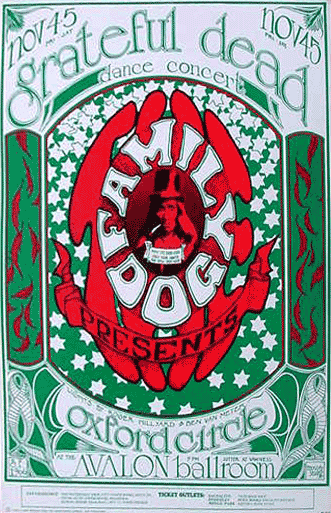
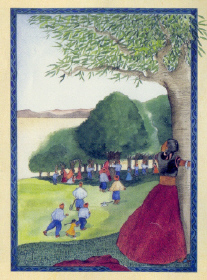
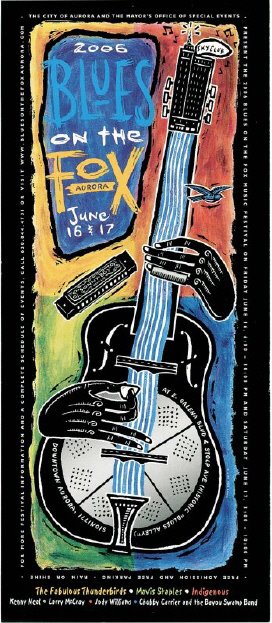













%20@320.jpg)






.JPG)






































































+-+cover.png)














.jpg)




































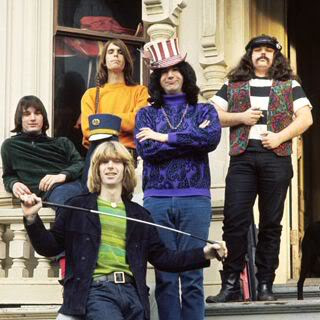






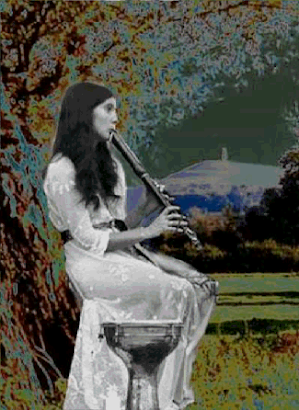












































.jpg)








2 σχόλια:
ρε παλληκαρια τα αλλα τεμαχια που θα τα βρουμε ???????????
φαγαμε 25 χρονια που το ξεραμε και δεν το'χαμε ακουσει, λετε να χρειαστουν αλλα τοσα για τα προσθετα????????? κανενα καλυτερο ανεβασμα (σε παραπανω bitrate ) ??
ευχαριστω παντως ...
φ.μανελης
απο τους ACTION > SAVOY BOWN BLUES BAND (συντομο περασμα στο 1ο album o Martin Stone)>MIGHTY BABE>
THE HABIBIYYA!
εδω θα το βρεις φθηνα σε LP or CD
http://www.sunbeamrecords.com/habibiyya.php
αυτα και ευχαριστουμε γιατην επισκεψη σου !
thanx for coming here!
Δημοσίευση σχολίου